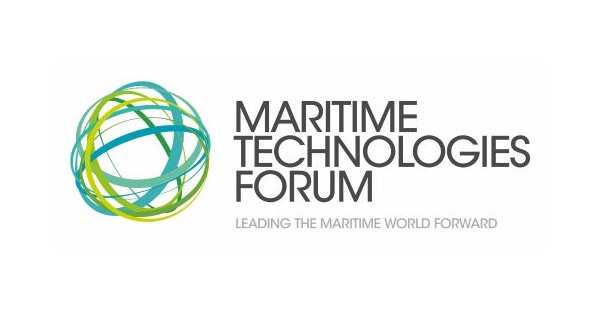Key framework position paper locks in first big milestone for the Maritime Technologies Forum as it maintains momentum following its launch in April.
he Maritime Technologies Forum has unveiled a framework designed to empower decision-makers in shipping to holistically assess and compare decarbonization technologies and low to zero-emission energy carriers.
The current phase sets out the areas for assessment and comparison and will be built on in the second phase to identify optimal assessment methodologies. The MTF believes this framework will be particularly beneficial when industry is researching new technologies for decarbonisation.
The vision of the framework is to provide a shared agreement as to key assessment criteria, while also raising awareness of technologies and energy carriers as a result of assessment.
The new framework takes wider sustainability aspects into account, also recognizing that solving the issue of decarbonization should not lead to unacceptable impacts on other areas such as safety, security and economic feasibility. In publishing this framework and in line with the collaborative approach to solving future challenges, MTF welcomes feedback from across the industry on this concept paper.
Identifying the best solutions for long-term application in shipping with no detriment to the planet or society, in line with the UN Sustainable Development Goals, is a big challenge for the maritime industry. Getting this decision-making wrong could lead to non-compliance resulting in stranded assets down the line. The work of the MTF is looking beyond just alternative fuels, and also factors in all relevant decarbonization technologies and solutions, as well as their production and disposal.
The MTF framework takes into account all criteria relevant to achieving sustainable outcomes including technology status, environmental sustainability, safety, security, regulations, people, engineering and economic feasibility. It can be used for a singular assessment, or for comparison between multiple technologies or energy carriers. Assessments can also be carried out in a repeatable, consistent way, as well as to assess a complete system or sub-system.
The framework adopts a Systems Engineering approach that embraces the full lifecycle of technologies and alternative energy carriers under assessment. A through-life assessment is crucial because a new technology or energy carrier may often have lifecycle factors that could inadvertently create other problems while solving the current one. As such, the framework will provide an enduring model that can be applied even beyond today’s focus on emissions, helping to ensure a fleet or vessel’s future competitiveness and compliance.
Commenting on the new framework, a spokesperson for the MTF said:
“This project is merely the beginning. The paper signals the strategic direction of the MTF’s work to help move towards a sustainable future for shipping. Evaluating and managing the risk posed by decarbonization technologies is a big part of that effort. Our next priority will be to identify specific methodologies for assessment and comparison, and here we believe the MTF can bring real lasting value, in line with our mission to foster sustainable and environmentally friendly technologies in the maritime sector.”









































